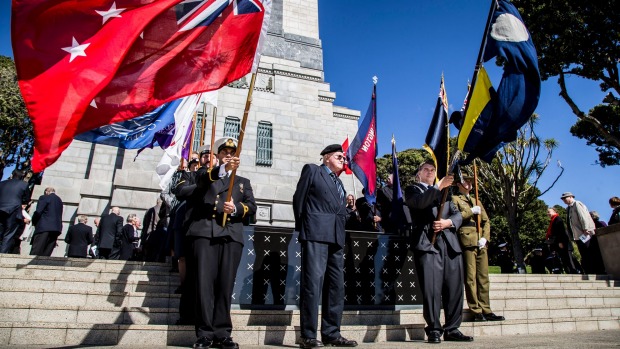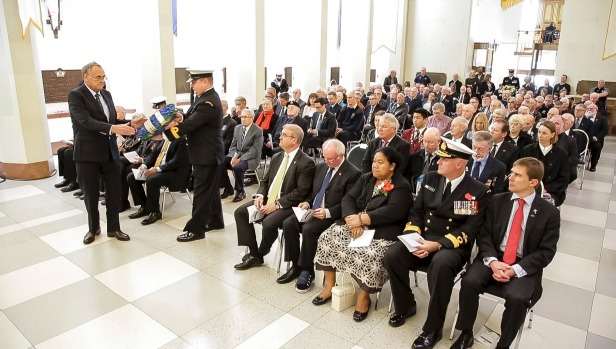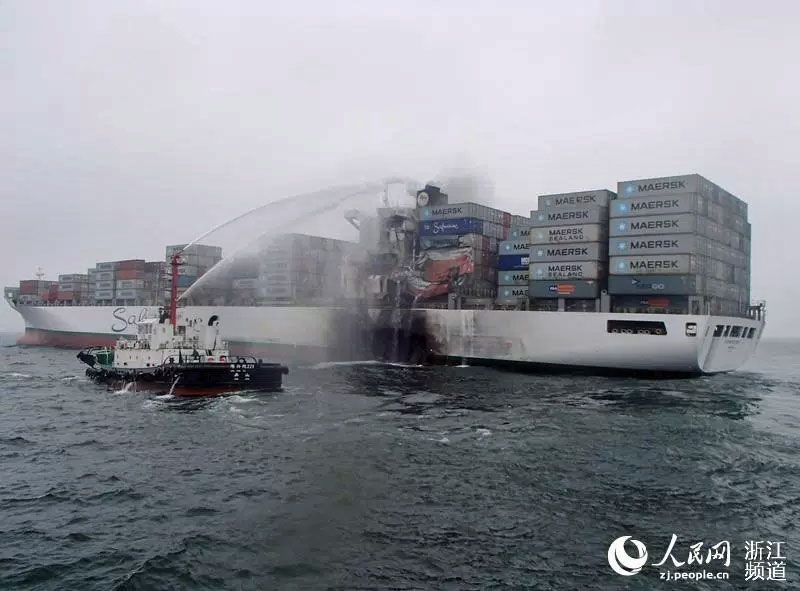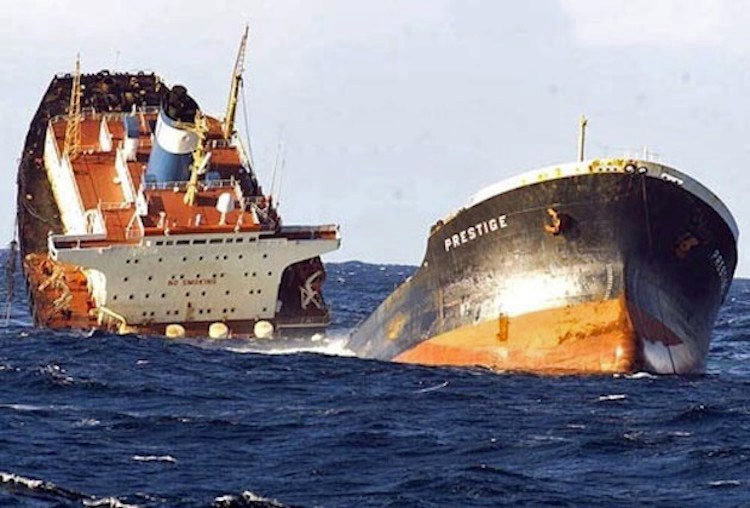From Lloyds List Friday 23 September 2016
by Paul Slater
The Hanjin bankruptcy came as no surprise as its attempts to restructure and reduce its commitments to the very large number of chartered-in ships failed.
The complexity of the effects of the bankruptcy on its creditors, customers and other shipowners is immense and highlights the weakness of owners chartering ships to companies that don’t own or control the cargoes.
Intermediary companies have caused huge problems in the past mainly, in the dry bulk sector, but have been worsened by the alliance structures that the container operators have formed and endlessly reformed.
Hanjin is the tip of the iceberg for shipping in the container and dry bulk sectors as they service both ends of the manufacturing chain that is part of the global economy, which is deeply troubled.
The financial state of the shipping industry continues to decline in most sectors as the global economy itself is declining.
The problems the industry faces have been created by the shipping companies, both public and private, grossly over-ordering new ships in the false belief that the global economy would continue to grow at the rates seen in the last decade. The reality is the opposite and most of the new ships were delivered into a stagnant economy that has continued to decline.
Shipping continues to carry more than 90% of physical world trade but as this has declined, so have the freight rates of the ships that carry the trade. There is a chronic oversupply of ships in many sectors and the average age is historically low.
Most companies, whose ships do not have period charters with cargo owners, are now faced with freight income from the spot markets that barely covers ship operating expenses.
Debt service is not being covered and cash reserves for future maintenance and drydocking are also not being funded. Neither are the new requirements including ballast water and cleaner fuel systems.
Charterers and cargo owners need to respond to these issues and at least pay freight rates enabling shipowners to operate safe ships maintained properly with experienced crew.
It is patently ridiculous for cargo owners to charter ships from the spot markets that are creating insolvency and bankruptcy among shipowners. It is also absurd that shipowners should accept the low rates that don’t cover the costs of operating the ships when they know from past experience that cargo owners can afford to pay more.
Ship managers should not be forced to lower standards or reduce quality or safety and investors are ill-advised to push for cost reductions in these essential areas.
The present oversupply of ships will continue throughout this decade and into the next one until ship recycling removes the surpluses and shipyards resist the temptation to over-build again.
With the demise of most shipping banks, facing huge losses from their careless lending in the recent past, new debt will be very difficult to find. Also the new investors, comprised mostly of private equity, hedge funds and venture capital Funds, now face inevitable losses which cannot be avoided.
Wall Street investment banks continue to prop up struggling shipping companies with expensive debt that takes priority security and further undermines the existing equity and debt, but enables the company to pay the legal and bank fees.
There will be further collapses in the container sector as some companies that falsely believe “bigger is better”, have incurred huge debts and are losing money.
The rush to build super-sized container ships is a disaster, as there are not enough cargoes available to fill them and they have even fewer back-haul cargoes.
The previously large ships have been cascaded down into the feeder trades, for which they are too large, and numerous smaller ships await the scrapyard.
The depth of the global economic slowdown is clearly evident in Asia.
From China to South Korea, Vietnam into the Philippines and even into Japan the slowdown in the economies of the US and Europe and the ongoing wars in the Middle East have reduced the demand for manufactured goods and with it the demand for ships on both sides of the manufacturing chain.
Many of the new investors that have come into shipping in recent years had no understanding of the workings of the shipping industry but were simply focused on the false belief that ship values would rise, and they would make large profits quickly.
Most of the publicly traded companies they invested in are now barely solvent and have no hope of generating profits from either their operations or the sale of ships.
Faced with the inevitability that many of the shipping markets will not improve, the struggling companies should sell all their ships and close down their operations.
Paul Slater is chairman and chief executive of First International.
Maybe port companies in New Zealand who are spending large amounts of money to enable larger ships to berth should take note of these dire predictions.





